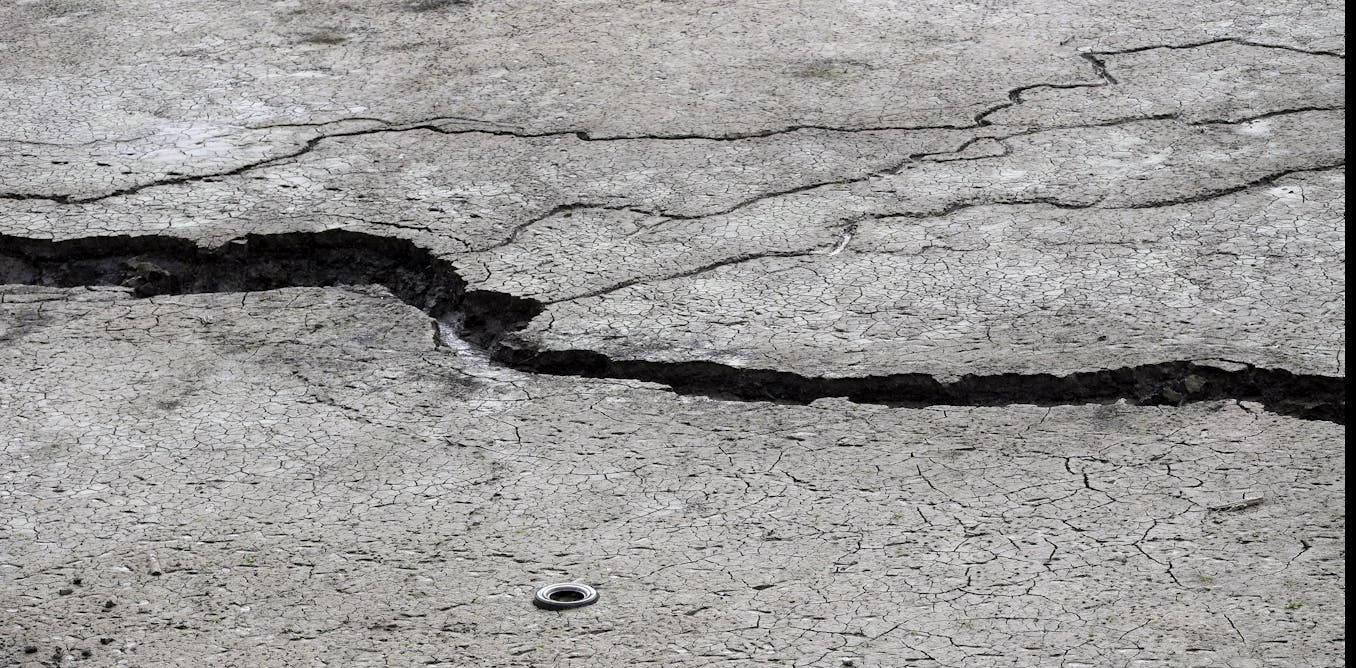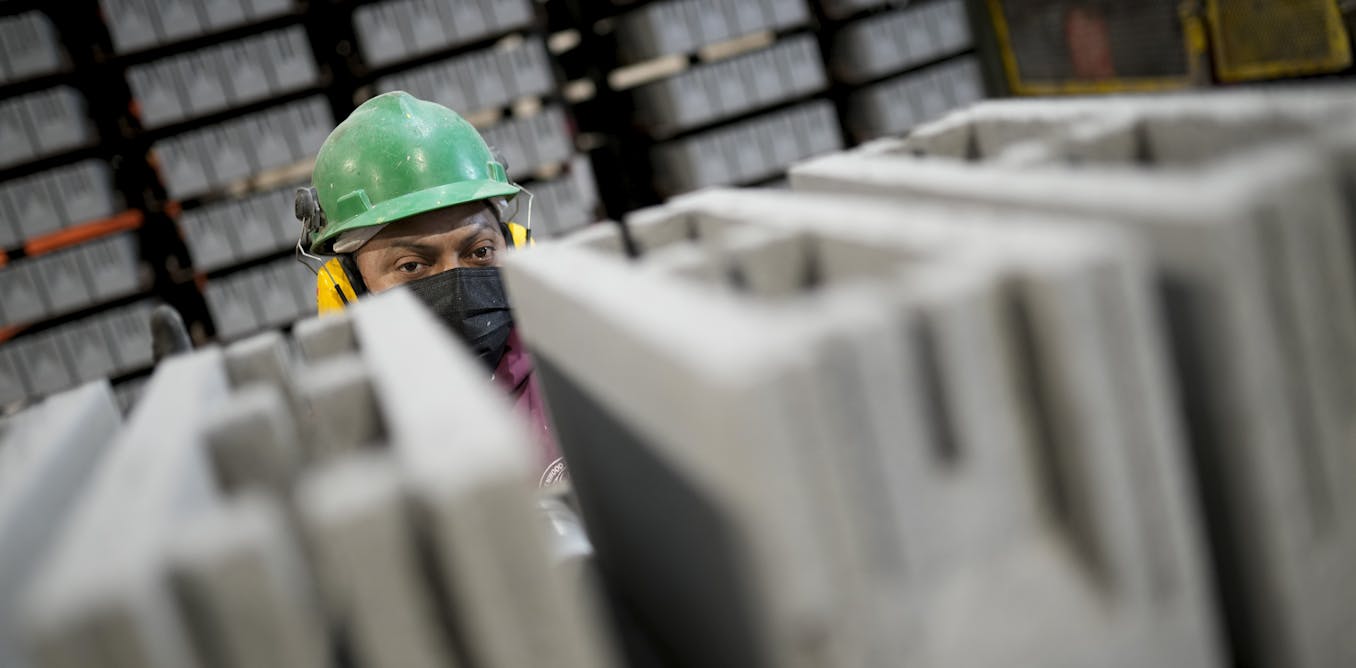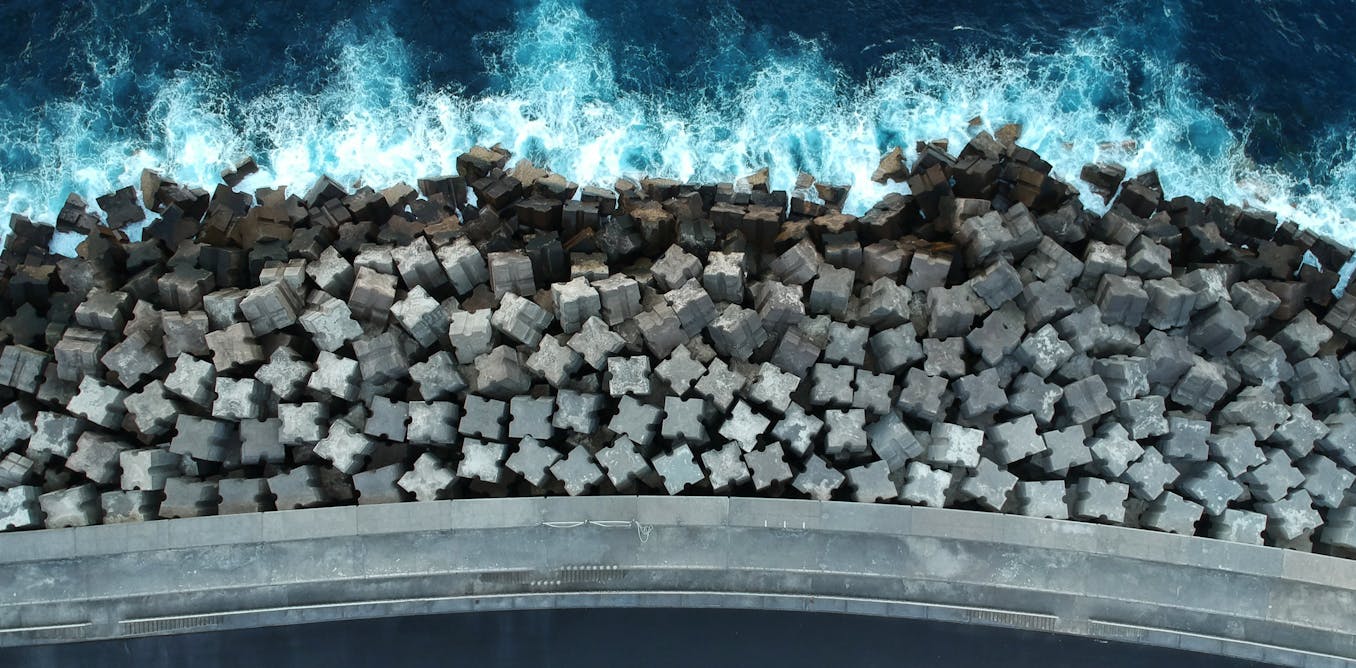Not all carbon-capture projects pay off for the climate – we mapped the pros and cons of each and found clear winners and losers
The combination of the source of the CO₂ and its end use determines its environmental and economic benefits or consequences.
Jan. 12, 2024 • ~8 min
Pulverised fuel ash: how we can recycle the dirty byproduct from coal-fired power stations
Pulverised fuel ash can be recycled and used to manufacture concrete as well as other products.
Sept. 1, 2023 • ~5 min
Three reasons concrete doesn't live up to its environmental claims
Despite being a major contributor of global carbon emissions, concrete remains a popular construction material. Research suggests this needs to change.
July 29, 2022 • ~7 min
Concrete fuels climate change – but there's a nature-friendly way to defend coasts from rising seas
New breakwater designs and more sustainable materials can cut the carbon cost of coastal defences by 40%.
March 22, 2022 • ~7 min
Most buildings were designed for an earlier climate – here's what will happen as global warming accelerates
Structures are built to withstand a normal range of conditions. But what's 'normal' is changing rapidly.
July 2, 2021 • ~8 min
To make less-harmful road salts, we're studying natural antifreezes produced by fish
De-icing salts help us get around in winter, but they corrode cars, crack roads and contaminate rivers and lakes. Scientists are working to develop better options by imitating natural antifreezes.
Jan. 29, 2021 • ~8 min
Smart concrete could pave the way for high-tech, cost-effective roads
What if roads and bridges could signal structural problems that need repair?
Nov. 12, 2020 • ~8 min
/
1








